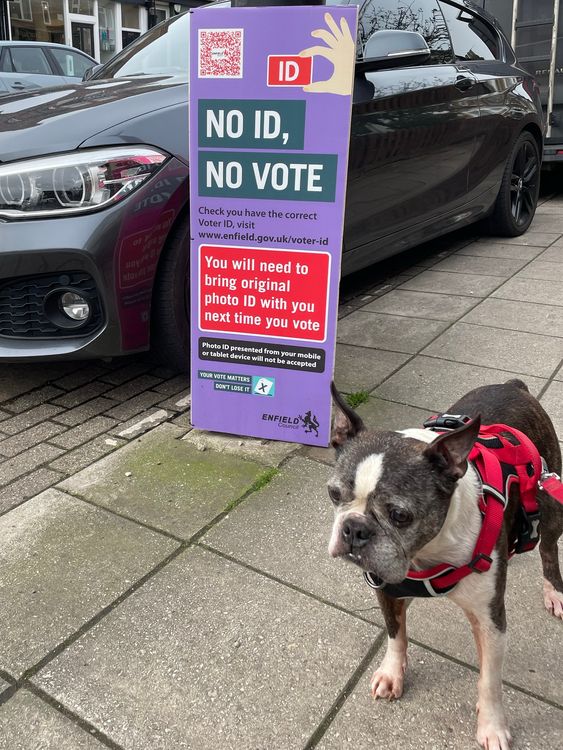People voting in local elections in England on 2 May will need to provide photo ID.
It is the second year the requirement has been in place - but in 2023 14,000 people couldn't cast their ballot because they didn't take ID to the polling booth.
There are 22 different types of ID you can use - and if you don't have any of them, you can register for a Voter Authority Certificate.
Here's everything you need to know to avoid being caught out.
What ID can eligible voters use to vote in elections?
Most forms of existing photo ID will be accepted, including:
• UK or Northern Ireland photocard driving licence (full or provisional)
• driving licence issued by the EU, Norway, Iceland, Liechtenstein, the Isle of Man or any of the Channel Islands
• UK passport
• passport issued by the EU, Norway, Iceland, Liechtenstein or a Commonwealth country
• PASS card (National Proof of Age Standards Scheme)
• Blue Badge
• biometric residence permit (BRP)
• Defence Identity Card (MOD form 90)
• national identity card issued by the EU, Norway, Iceland or Liechtenstein
• Northern Ireland Electoral Identity Card
• Voter Authority Certificate
• Anonymous Elector's Document
The following travel passes will also be accepted:
• older person's bus pass
• disabled person's bus pass
• Oyster 60+ card
• Freedom Pass
• Scottish National Entitlement Card (NEC)
• 60 and Over Welsh Concessionary Travel Card
• Disabled Person's Welsh Concessionary Travel Card
• Northern Ireland concessionary travel pass
Voters can still use photo ID that is out of date, as long as it still looks like them and the name is the same one used to register to vote.

If you don't have any photo ID - what should you do?
If you don't have any of the accepted forms of photo ID, you can apply for a Voter Authority Certificate.
It's free and you can apply online or by post. You must apply by 5pm on 24 April 2024 for the 2 May elections.
You must have already registered to vote to apply for a voter ID.
To apply, you will need a recent photo and your National Insurance number.
You can still apply if you do not have a National Insurance number - you'll just need another way to prove your identity, such as a birth certificate, bank statement or utility bill.
What ID do you need if you're voting as someone's proxy?
You'll need to take your own ID if you're voting on someone else's behalf. You do not need to take theirs.
Can you still register to vote?
You have until 11.59pm on 16 April to register to vote in England if you have not previously registered or have moved house.
Disclaimer: The copyright of this article belongs to the original author. Reposting this article is solely for the purpose of information dissemination and does not constitute any investment advice. If there is any infringement, please contact us immediately. We will make corrections or deletions as necessary. Thank you.



